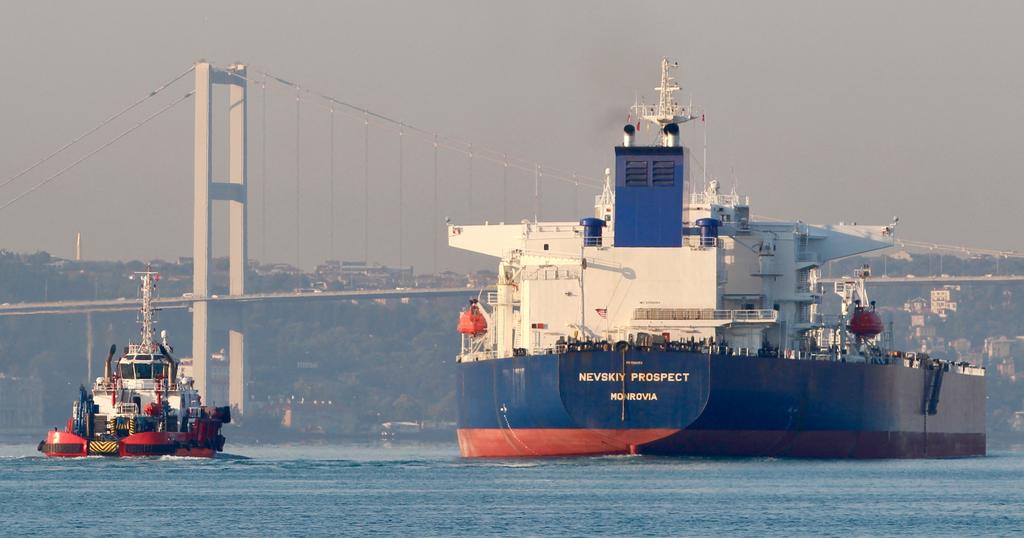Longevity, influence and the social media trap: Who do we trust with our health?
In a world where six-pack abs are flaunted more than six-point health plans, who are we really trusting […]

In a world where trade dynamics shape the global economy, Turkey emerges as a pivotal player, strategically positioned at the crossroads of continents.
Turkey’s economic development and history are greatly influenced by its advantageous location as a barrier and bridge between Asia and Europe. With a population of 85 million, it is a crossroads of several areas, including the Caucasus, Eastern Mediterranean, Middle East, and Balkans.
Dean Tavakoli, CEO of Sea Enerji, forecasts that Turkey’s strategic location puts the country on a path to becoming one of the world’s top 10 economies.
According to the expert, Turkey’s economy is expected to surpass $1 trillion due to two key catalysts. The first is the Bosphorus Strait, a vital international waterway that connects Eastern European nations to the Mediterranean Sea and the second catalyst is energy and food security, which he asserts is as crucial as military security.
“The strait also serves as an integral part of the Trans-Caspian International Transport Route (TITR). On average, around forty thousand ships pass through the Bosphorus Strait annually. Turkey aims to increase the number of ships able to pass from the Black Sea to the Mediterranean Sea by approximately forty thousand vessels per year through the construction of the Istanbul Canal. This will strengthen Turkey’s position by offering a new maritime route, which will have a significant impact on the country’s economy,” he asserts.
“Energy security is an important challenge for Europe, and its interest in an additional supply route through Turkey has been increasing rapidly. Turkey’s geographical location is close to 70% of the world’s primary crude and gas producers. Therefore, Turkey is destined to become an energy hub, regardless of the current Russian proposal,” he added.
Turkey has diversified its energy suppliers by enhancing the capacities of the Trans-Anatolian Natural Gas Pipeline (TANAP) and the Southern Gas Corridor. This strategic move allows Turkey to supply more gas from Azerbaijan and Turkmenistan, reducing dependency on a single source, according to Tavakoli. Turkey’s own Sakarya Gas field in the Black Sea contributes to achieving its goal of becoming an energy hub.
In terms of real GDP, the top five economies in the world are the US, China, Japan, Germany, and India. The US led the world in real GDP in 2021 with a value of $18.6 trillion, followed by China at $12.7 trillion. Japan’s real GDP ranked third in the world during that same period, reaching $6 trillion. Germany and India have the other two largest economies with real GDPs of $3.8 trillion and $2.9 trillion respectively. Between 2010 and 2021, Turkey’s real GDP increased at a compound annual growth rate (CAGR) of 5.7%, with its real GDP in 2021 at $1.4 trillion, up 11.0% from the year before.
GDP Annual Growth Rate in Turkey is expected to be 2.50% by the end of the first quarter of 2024, according to analysts’ expectations. In the long term, Turkey’s GDP Annual Growth Rate is projected to trend around 4.50% in 2025.

In a world where six-pack abs are flaunted more than six-point health plans, who are we really trusting […]

In the era of social media, post-COVID, and with mental health at the forefront, a shift is taking […]